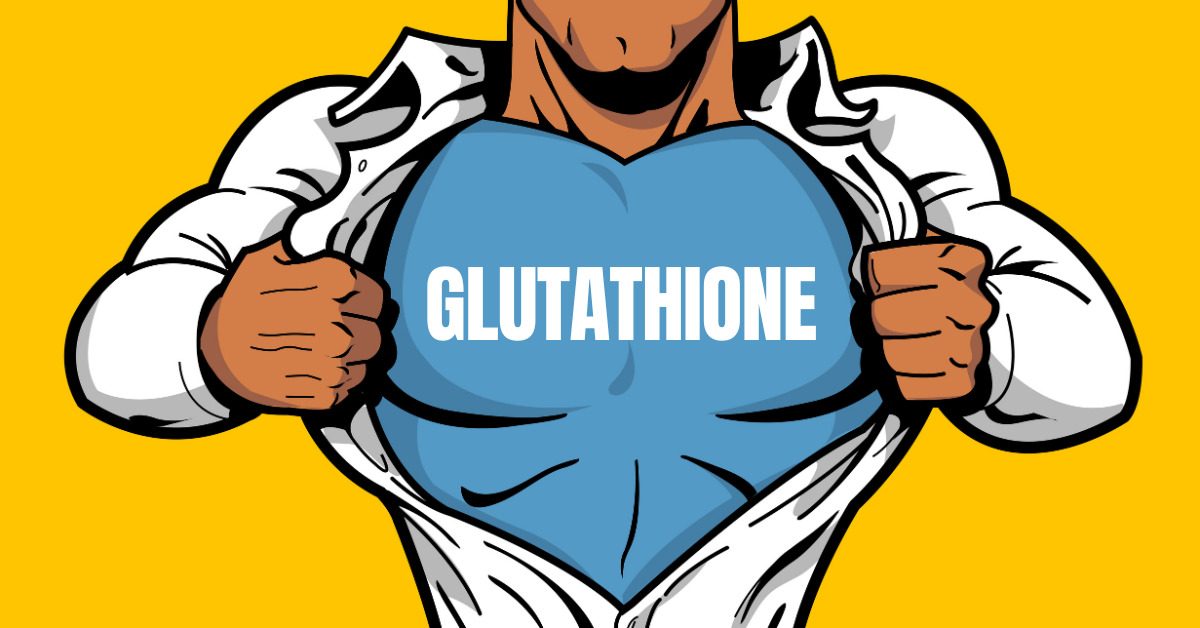
What are the benefits of glutathione?
7 Glutathione Peptide Benefits
Also called the master antioxidant, glutathione is a naturally occurring antioxidant in plants and animals. Structurally, glutathione is made up of three amino acids, namely, cysteine, glutamate, and glycine. While glutathione isn’t an essential nutrient in the body, low levels or glutathione deficiency can occur due to advancing age, poor nutrition, stress, and exposure to environmental toxins.
Glutathione deficiency means the body has insufficient antioxidants, making it vulnerable to various health conditions, including diabetes, cancer, and Parkinson’s’ disease, making it necessary for affected people to use glutathione supplements. Below are the benefits of glutathione peptide in the body.
-
A powerful antioxidant
Glutathione is an important pro-antioxidant and antioxidant. This essentially means the peptide is involved in detoxification and promotes similar antioxidant body processes. Glutathione, in synergy with vitamin C, helps fight harmful radicals in the body. Harmful free radicals are produced as a byproduct of various body processes. Accumulation of these compounds leads to oxidative stress.
Oxidative stress causes cell damage, which can lead to several neurogenerative conditions, specifically Alzheimer’s and Parkinson’s disease. Because of its antioxidant properties, glutathione is widely used to treat various neurodegenerative diseases.
-
Improves skin health
Glutathione can help those struggling with eczema, wrinkles, acne, and other skin conditions regain youthful skin. You should opt for glutathione peptide supplementation instead of spending on ineffective skin procedures that don’t have scientific backing. As mentioned, glutathione prevents oxidative stress, which boosts the healing and regeneration of skin cells.
Glutathione decreases pigmentation or melanin in the skin and increases skin elasticity, indirectly eliminating wrinkling. The peptide also reduces melanin production by inhibiting the actions of tyrosinase, a crucial enzyme required for melanin production. That aside, glutathione use can also decrease psoriasis.
-
Improves brain health
Glutathione deficiency or significantly low levels of glutathione peptide can cause neurodegenerative conditions. Neurodegenerative diseases, such as Alzheimer’s and Parkinson’s disorders, are associated with symptoms, such as cognitive decline and loss of motor function.
Alzheimer’s disease occurs with advancing age. As you age, the brain shrinks and can’t perform to its full capacity. While these brain changes can’t be avoided, glutathione can slow or reverse age-related brain health decline. Neurodegenerative diseases, especially Alzheimer’s and Parkinson’s disease, are characterized by oxidative damage to brain cells and low glutathione levels.
-
Fights inflammation
Glutathione supplements also help fight chronic inflammation. Despite being a common occurrence, most people don’t understand the cause and consequences of inflammation. Unfortunately, inflammation is behind most health concerns affecting many people today. Chronic inflammation can cause serious health issues, including heart disease, cancer, and diabetes.
Regular injuries, such as infections, trauma, and allergies, can also initiate an inflammatory response from the immune system. Glutathione controls the inflammatory process and influences inflammatory responses that initiate wound healing. Restoring glutathione levels improves immune system function, which reduces chronic inflammation.
-
Improves heart health
Heart attack is among the leading causes of death among U.S. citizens. While there are many known strategies for preventing heart attacks, many people don’t know and exploit the benefits of glutathione in heart health. Glutathione can prevent heart attacks and similar heart diseases by neutralizing fat oxidation.
All heart diseases begin with the accumulation of plaques or fat deposits in arterial walls. Fat deposits made up of bad cholesterol undergoes lipid oxidation, which damages the blood vessel lining and forms an arterial clot. If the plaque ruptures and breaks off, it clogs blood vessels, blocking blood flow. This causes stroke or heart attack.
Glutathione works with the enzyme glutathione peroxidase to stop lipid peroxides, free radicals, hydrogen peroxide, and other toxins from activating the lipid oxidation process and wrecking your heart health.
-
Improves insulin sensitivity
High glutathione levels in the body can reduce your risk of developing diabetes. Glutathione improves insulin sensitivity in the body, a significant factor in lowering the risk of diabetes. Most diabetic people, especially those diagnosed with Type 2 diabetes, have significantly lower glutathione levels.
Though surprising, high sugar levels in the blood, or hyperglycemia, can be caused by oxidative stress. Free radicals and other causes of oxidative stress cause insulin resistance and deficiency. That said, low levels of glutathione lead to oxidative stress, which makes the body cells resistant to insulin.
-
Protects the lungs
Glutathione is beneficial to all vital body organs, including the lungs. Low glutathione levels in serum can cause various lung abnormalities, including COPD. Chronic obstructive pulmonary disease occurs due to continuous damage of the lung tissues. Respiratory tract damage can occur due to smoke or inhaling toxic gases and pollutants.
Lung tissue damage inhibits optimal oxygen/carbon dioxide exchange, which causes breathing difficulties. However, normal glutathione levels protect lung tissues from inflammation and free radicals-induced damage.
The Bottom Line
Low glutathione levels often manifest in many ways. Most people experience mild to moderate symptoms, which include chronic fatigue, insomnia, headache, dizziness, and irritability. If your body can’t produce enough glutathione, you can increase body levels by taking glutathione injections. When taken orally, your body only absorbs approximately 30% of the glutathione taken. The preferred route of administration is injection. For more information on glutathione and other peptides, please contact us at Vitality Aesthetic & Regenerative Medicine.


